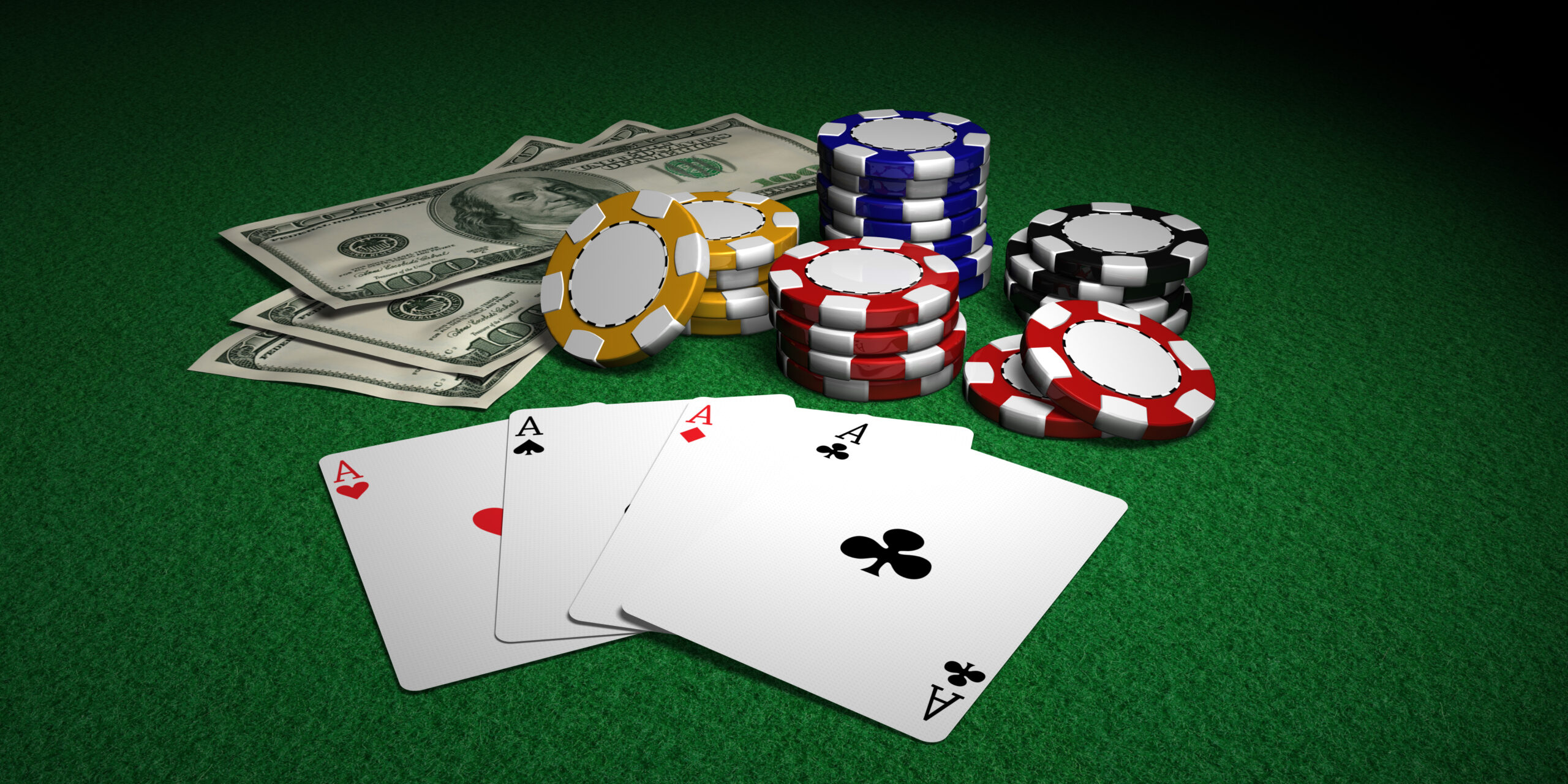Everyone is going to say you’re gambling. And trading without knowledge and skill is certainly more similar to gambling that not. But here are some direct comparisons and differences between the two.
Similarities
- Risk Factor: Both activities involve a high level of risk. Whether you’re placing a bet at a casino or buying a volatile stock, you’re risking your money on an uncertain outcome.
- Emotional Highs and Lows: The thrill of a winning trade or a successful bet can be exhilarating. Conversely, losses can be emotionally draining in both scenarios.
- Decision-Making Under Uncertainty: In both cases, you’re making decisions with incomplete information. You might have some data or insights to guide you, but there’s always an element of unpredictability.
- Skill and Luck: Both trading and gambling involve a mix of skill and luck. Skilled poker players and savvy traders both use strategy and analysis to maximize their odds, but there’s always an element of chance.
- Short-Term Focus: Especially in the case of day trading and games like poker or roulette, the focus is often on short-term gains rather than long-term strategy.
Differences
- Economic Contribution: Trading, in theory, contributes to economic functions like price discovery and liquidity. Gambling doesn’t have the same kind of economic benefit and is often seen more as entertainment.
- Zero-Sum Game: Most gambling activities are zero-sum, meaning one person’s gain is another’s loss. In trading, it’s possible for multiple parties to profit through value creation, especially in long-term investments.
- Regulatory Environment: Financial markets are heavily regulated to protect investors and ensure fair play. While gambling is also regulated, the rules are generally less stringent and vary more by jurisdiction.
- Skill Development: Trading often involves a deeper level of skill development, requiring understanding of financial markets, economics, and even psychology. While skill is involved in some forms of gambling like poker, the skill set is generally not as diverse.
- Social Perception: Trading is often seen as a more “respectable” activity, associated with business and finance. Gambling doesn’t always enjoy the same social standing, often seen as a vice or a form of entertainment rather than a serious endeavor.
- Tax Implications: In many jurisdictions, the tax treatment of trading and gambling winnings can differ significantly, with trading often offering more opportunities for tax planning or benefits like the ability to offset losses against gains.
- Tools and Resources: Traders have access to a wide range of tools and resources, from advanced trading platforms to in-depth market analysis. Gamblers have fewer analytical tools at their disposal.
So, while day trading and gambling share some surface similarities like risk and reward, they are fundamentally different in their approach, benefits, and social perception. Understanding these nuances can help you approach each with the right mindset and expectations.
